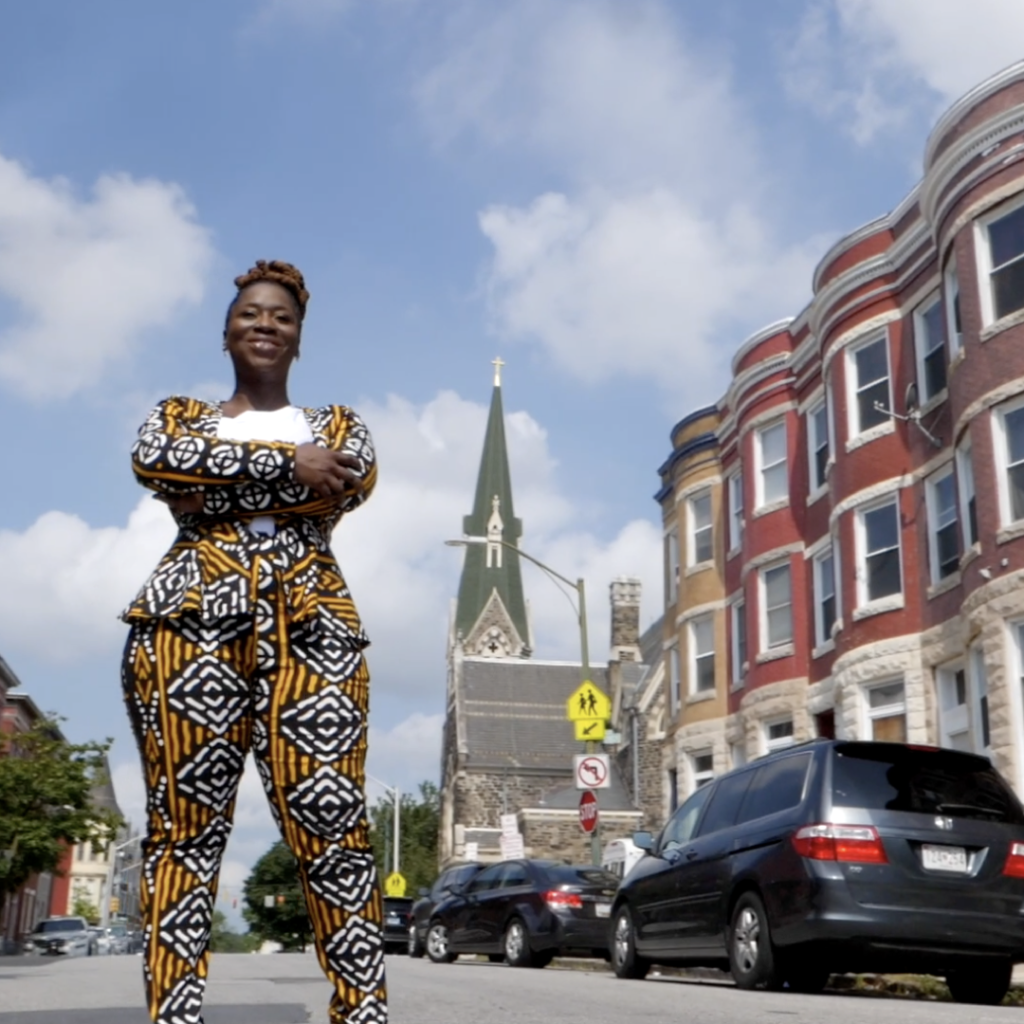
“The idea of harnessing small-scale investors for real estate development is gaining momentum nationally, boosted by digital platforms and federal rule changes” writes Carey L. Biron, for Thomson Reuters Foundation. “Backers say the approach opens up real estate investing to a broader pool of buyers and gives locals a say in neighborhood investments – and a stake in any profits, too.”
Since 2016 crowdfunding laws have been driving investment and the US market is estimated to reach USD250.62 billion by 2030. “Real estate has traditionally been left to those who already have money to make more money. And crowdfunding gives you a platform to democratize that,” says Molly McCabe, chief executive of investment advisory firm HaydenTanner. “This is one way to really ensure the community gets to participate and benefit from what’s being created, and to have a sense of ownership.”
Crowdfunding not only makes real estate investing available to a broader pool of buyers, but it provides previously unobtainable finance for unusual projects and marginalized minority and women developers.
Lyneir Richardson, chief executive of social enterprise Chicago TREND, is one of those developers. He crowdfunded a partial purchase of Walbrook Junction, a shopping center in a Black neighborhood of Baltimore which has seen major decline in its 40 years. Richardson held more than 60 meetings with local groups and 90 percent of his 130 investors, who invested between $1,000 and $50,000, care about or have some connection to the neighborhood. He now intends to revitalize Walbrook Junction to bring life and wealth back into the neighborhood.
Another developer, Joanna Bartholomew, used crowdfunding to raise capital for Aruka Midway. The project aims to restore 23 Baltimore row houses which have been vacant for decades. “We did it with the purpose of showing people you can have a stake in the neighborhoods you’re from, or neighborhoods that remind you of where you grew up,” said Bartholomew, chief executive of O’Hara Developments.“That you’re able to invest in your own backyard.” This was Bartholomew’s first try at crowdfunding and although it took more work than she expected, it brought her almost 80 new investors.
Both developers raised capital through Small Change, an online platform launched in 2016 by Eve Picker. Small Change has helped raise almost $11 million to build housing for the homeless, transform empty buildings into corner shops, put retail in food deserts “and everything in between” said Picker. More than half of those developments are women- or minority-owned, and most would not have succeeded in seeking traditional financing. “Projects like these require patient money and a long-term hold,” she said. “You have to wait while the neighborhood catches up.”
Read the original article here. Or listen to podcast interviews with Lyneir Richardson and Joanna Batholomew.
Image courtesy of Joanna Bartholomew

토토사이트
Transforming neighborhoods through crowdfunding.